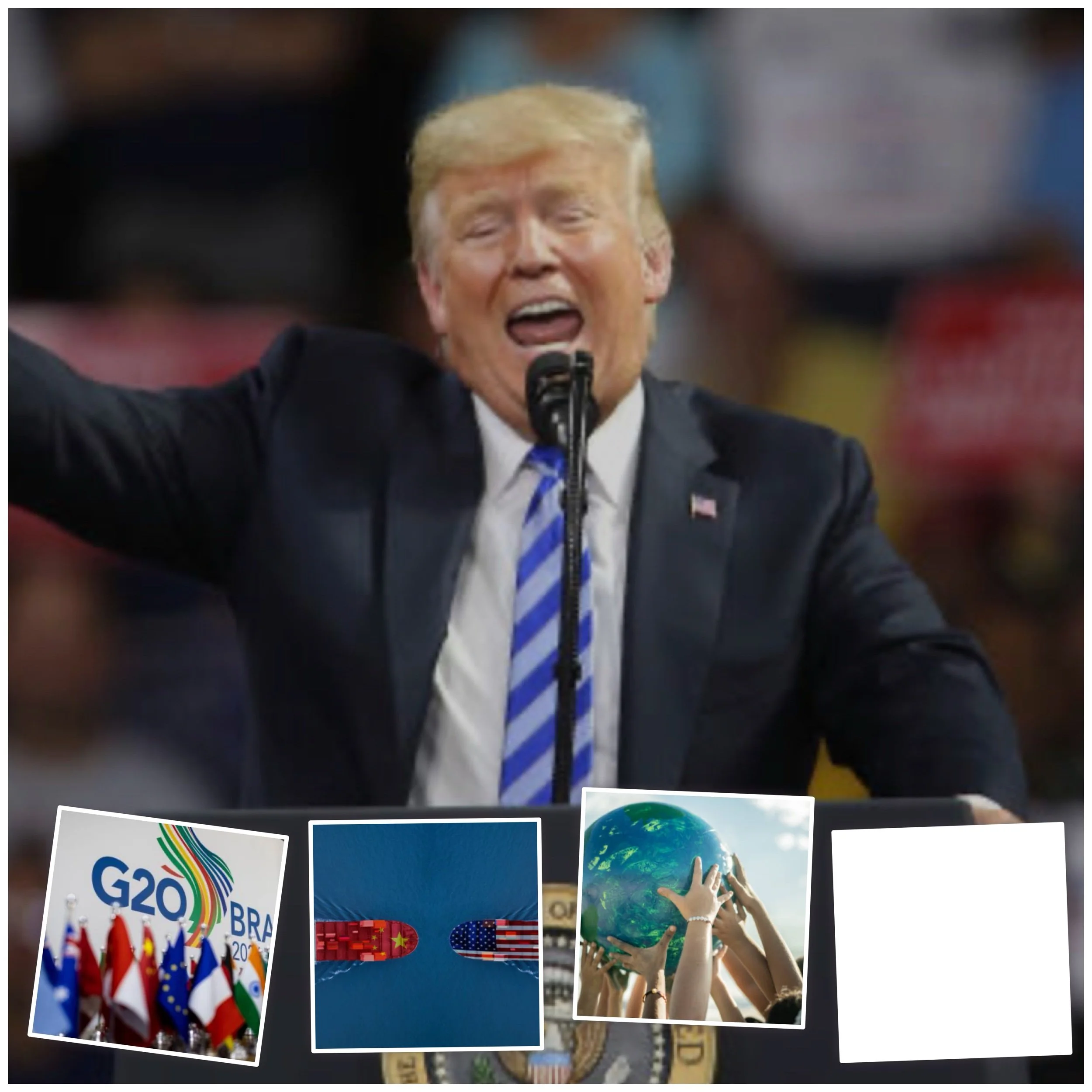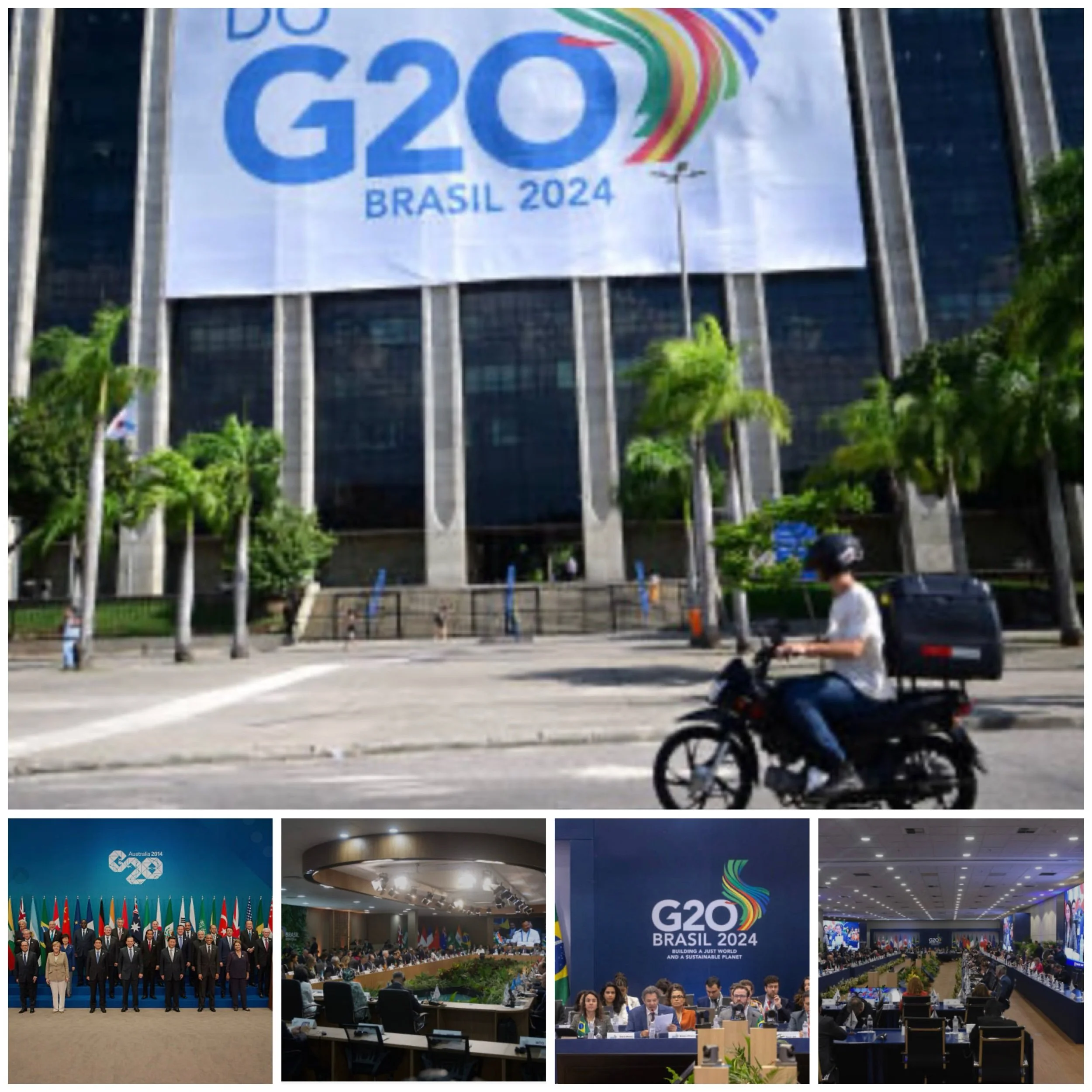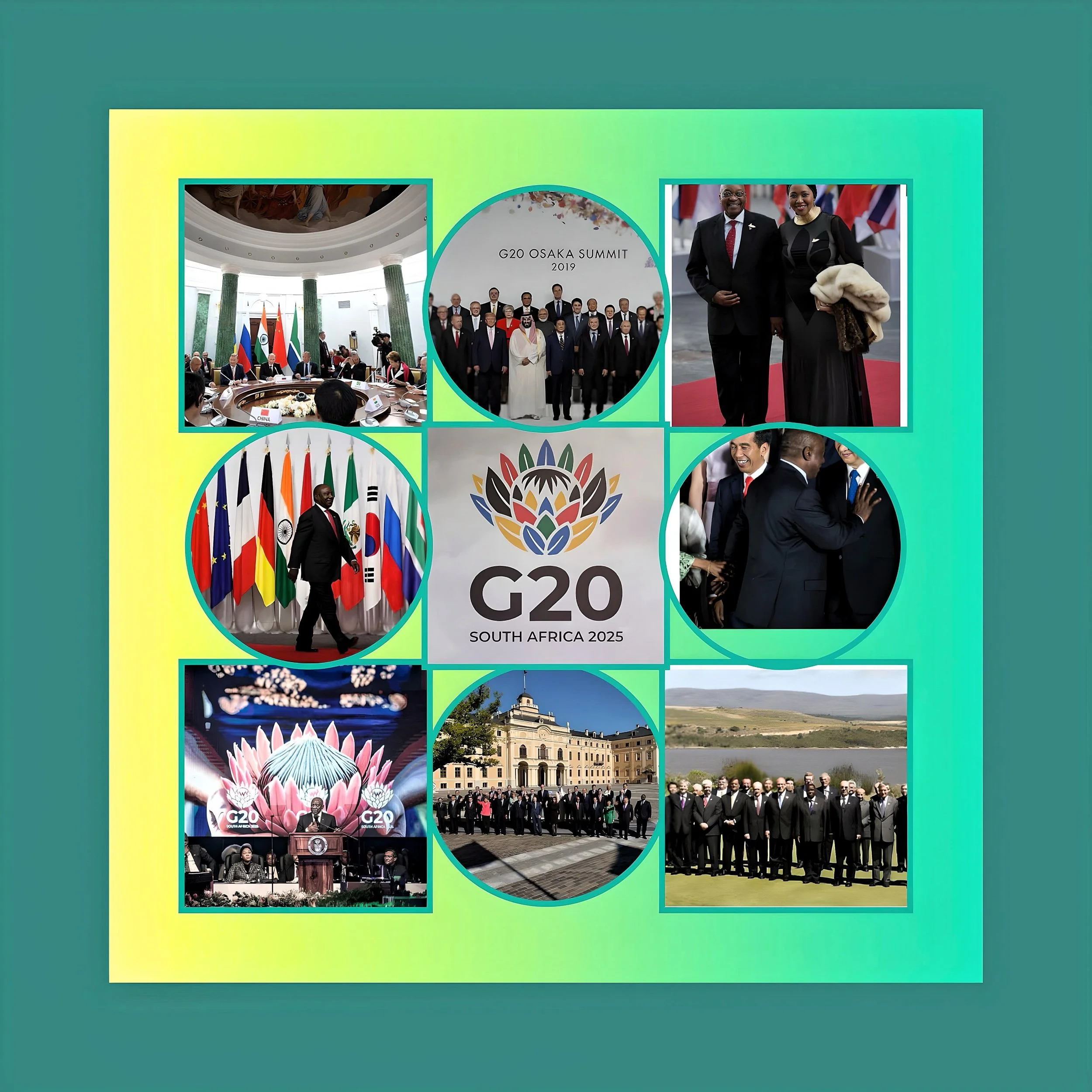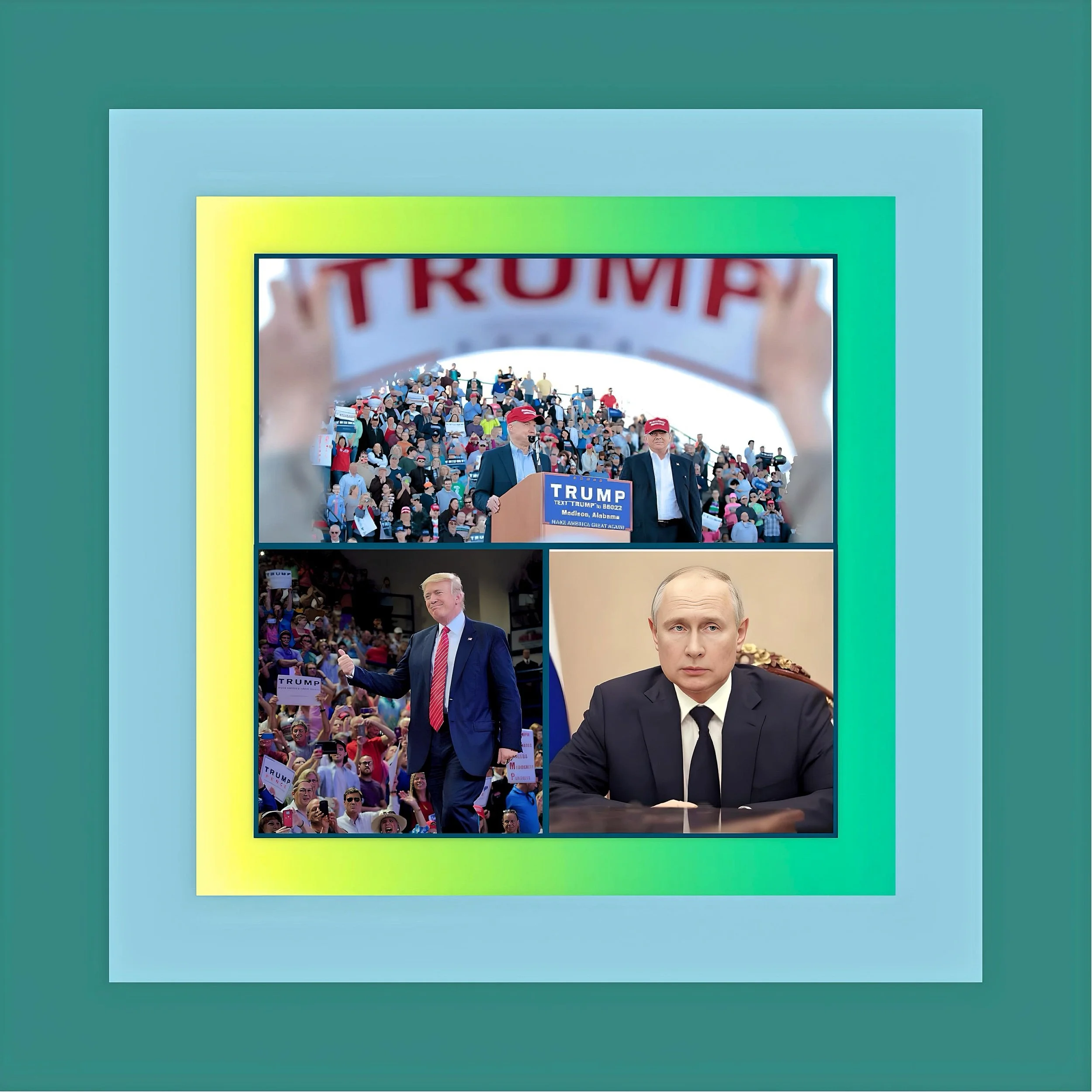The Shadow of Trump’s Potential Return on the G20 Summit: Key Takeaways
Introduction
The G20 summit in Rio de Janeiro is unfolding under the looming possibility of Donald Trump returning to the White House in January 2025. Although not present, Trump’s influence is reshaping the summit’s dynamics, introducing uncertainty and tension among global leaders.
Key Facts
Below is a closer look at the key factors shaping this complex landscape:
Looming Influence on Global Diplomacy
Shifting Allegiances
Leaders like Argentina’s President Javier Milei are signaling alignment with Trump’s expected policies.
This emerging shift in alliances could fragment global consensus, especially on urgent issues like climate action and international taxation.
Uncertain U.S. Commitments
Biden-era agreements, seen as potentially short-lived, are losing traction.
Skepticism about the durability of current U.S. initiatives is reducing global leaders’ willingness to invest in long-term commitments.
2. Key Policy Concerns
Climate Action
The potential withdrawal of the U.S. from the Paris Agreement under a second Trump term could derail global climate goals.
This raises concerns about a domino effect, with other nations potentially scaling back their commitments.
Multilateralism and Alliances
Trump’s well-known skepticism toward institutions like NATO and the UN threatens the stability of these frameworks.
His return could lead to further erosion of trust in multilateral agreements.
Trade Relations
Anticipated protectionist measures, including tariffs on Chinese goods, could lead to a global trade downturn.
Countries may reconsider their trade strategies, potentially tilting toward new alliances to offset U.S. unpredictability.
3. Geopolitical Tensions
U.S.-China Relations
A second Trump presidency could heighten U.S.-China tensions, prompting other nations to deepen ties with Beijing.
The global trade system faces increased strain as nations navigate this rivalry.
Conflict Zones
Uncertainty surrounds future U.S. policies on critical conflict areas like Ukraine and the Middle East.
Shifts in U.S. engagement could alter the balance of power in these volatile regions, further complicating peace efforts.
4. Impact on G20 Summit Dynamics
Focus Shift
Leaders are privately speculating about Trump’s future administration, distracting from pressing agenda items.
Informal discussions are veering toward speculative debates on potential policy shifts.
Negotiation Challenges
Anticipating U.S. reversals, countries are finding it harder to agree on critical topics like climate change and wealth taxation.
The lack of a unified front underscores the precariousness of international cooperation.
Lame Duck Perception of Biden
President Biden is increasingly seen as a transitional leader, limiting his influence on the summit’s outcomes.
Some leaders are adopting a wait-and-see approach, diminishing the current administration’s ability to broker meaningful agreements.
Conclusion
Trump’s potential return to power underscores the outsized impact of U.S. domestic politics on global governance. His looming presence is reshaping the G20 summit, complicating negotiations, and casting doubt on the longevity of existing agreements. This atmosphere of uncertainty highlights the fragility of international cooperation in the face of major political transitions.





